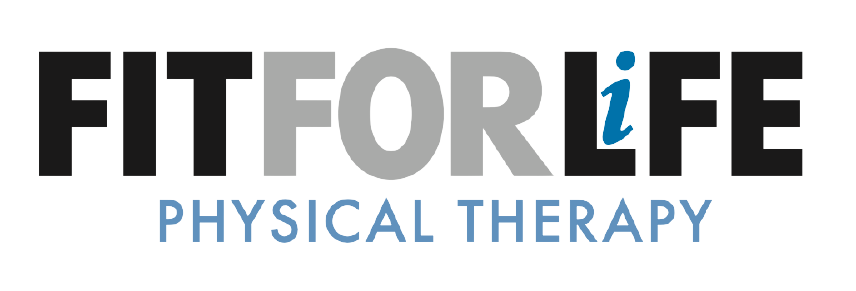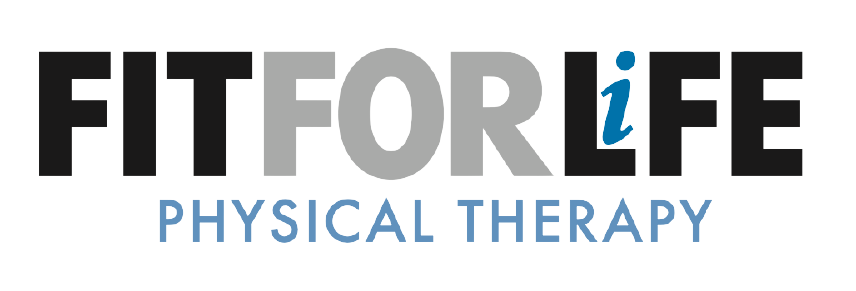Stomach Issues, Fueling, and Beyond
Fit For Life Physical Therapy
Stomach Issues: Any runner or walker will tell you they have experienced “the trots” or had stomach issues during or after a training run or walk. These gastrointestinal (GI) issues are a physiological response to running or walking, so do not be embarrassed!
The exact cause is not known, but when we exercise, our body shuttles our blood to the working organs, our lungs and our heart, thus shutting down blood flow to our intestines.
Additionally, pre-race nerves, dehydration, a change in hormones, the bouncing around of our stomach and GI system, and sugar-loaded gels could all cause diarrhea. In some cases, dehydration can even leave runners with constipation after a run. Runners who have a high fiber diet (i.e. high fruit, vegetable, and whole grain intake - yes, we want that!), can be more susceptible to diarrhea. In general, there are a few tips to follow that could help prevent this from happening:
Stay hydrated before and during your run
Eat at least an hour before your run
Go to the restroom before you leave the house
Focus on calming thoughts, breathing exercises, or even meditation to tame pre-race jitters
Play with your diet - Is there one food item that causes more bloating, gas, and diarrhea than another?
Limit high fiber foods 1-3 days before a long run or race
Limit sugar alcohols (think sugar-free products and items labeled with sorbitol, xylitol, maltitol, etc. They have a laxative effect in some people)
Choose a gel or energy chew that causes little GI distress (practice, practice, practice!)
If you continue to experience symptoms or they become worse, consult a doctor or consider working with a Registered Dietitian (RD) to nail down a proper fueling plan and identify the root cause of your stomach issues!
When to Fuel: That dreaded “hitting the wall” feeling during a marathon is due to our body running out of glycogen, the storage form of sugar, that we need to keep us going during a race. When we run, our body relies on that stored glycogen to burn for energy. The idea is to properly fuel during a race before that glycogen runs out. How do we do that? We consume glucose (sugar) that will be stored as glycogen. So, should you fuel and when?
If you are running a race longer than 1 hour, fueling is recommended based on intensity and speed. The American College of Sports Medicine recommends 30-60g of carbohydrate per hour during exercise >1 hour. If exercise lasts longer than 2.5 hours, 60-90g of carbohydrate per hour should be considered. Always consume a small amount of water with any type of gel, gummy, or energy chew. Another rule of thumb I use it to take a gel/chew every 5-6 miles during a marathon. Some runners will find that they need the fuel every 4-5 miles or can stretch it to 7-8 miles. It all depends on the person, how their stomach handles the sugar, and what is most comfortable for them.
Choosing the right type of fuel: From waffles to chews, to gels to drinks, there are various products to use during a run! There are also several natural, alternate forms of glucose from which to select.
It can be overwhelming to look through the many packets and tubes, and what works for your training partner may not work for you! Things to consider should be texture, flavor, form, and how you will carry the fuel. Some individuals prefer to drink their fuel, while others like the sensation of chewing! The most important thing is to practice your fueling plan during your training runs!
Popular brands include:
Clif Shots Blocks/Gels
Gatorade Chews/Gels
PowerBar Powergel shots
Gu Energy Gel
Huma Gel
Maurten Gel/Drink Mix
Honey Stinger Gels/Waffles
Sport Beans
UCAN
SIS
Alternative Forms of Glucose:
Honey
Swedish Fish
Dates
Pretzels
Dried Apricots/Dried Fruit
Jellybeans
Fruit purees
Bananas
Baked potato wedges
Fig Newtons
Remember, there is no right or wrong product to use! Finding what works for you in terms of taste, GI tolerance, and carrying the fuel during your run or race is all the matters. When in doubt, consult an expert who has knowledge in the products you are considering to find what works for you.
Registered & Licensed Dietitian, Rebecca Youngs, is an avid marathoner, loves to work out, and has specialized her practice in gastrointestinal health, as well as sports nutrition and fueling athletes of all levels. She is available for individual consultations at Fit For Life Physical Therapy or through FFL zoom video conference.
Fit For Life Physical Therapy cares for people of all activity levels - to help prevent, recover from, or rehabilitate sports & orthopedic injuries. We are proud to move people every day. Please visit our website https://www.fitforlifephysicaltherapy.com/, email us at info@fitforlifephysicaltherapy.com, or call or text us at any of the phone numbers for our three convenient locations inside Fleet Feet+FrontRunner stores:
Polaris: 1270 East Powell Road Lewis Center, Ohio 43035 ~ 614-981-2065
Upper Arlington: 1344 West Lane Avenue, Columbus, Ohio 43221 ~ 614-981-1979
New Albany: 5792 North Hamilton Road, Columbus, Ohio 43230 ~ 614-581-7441

